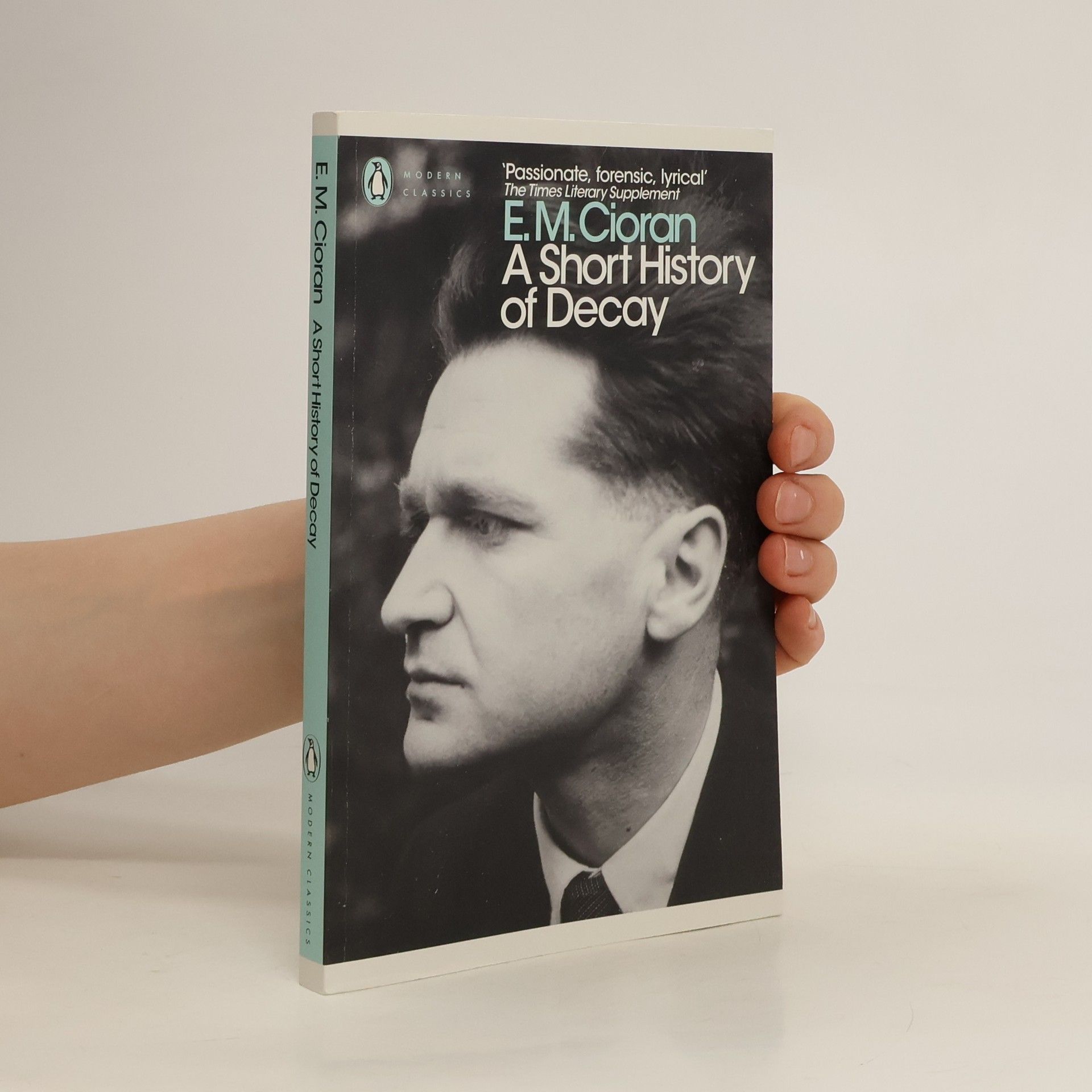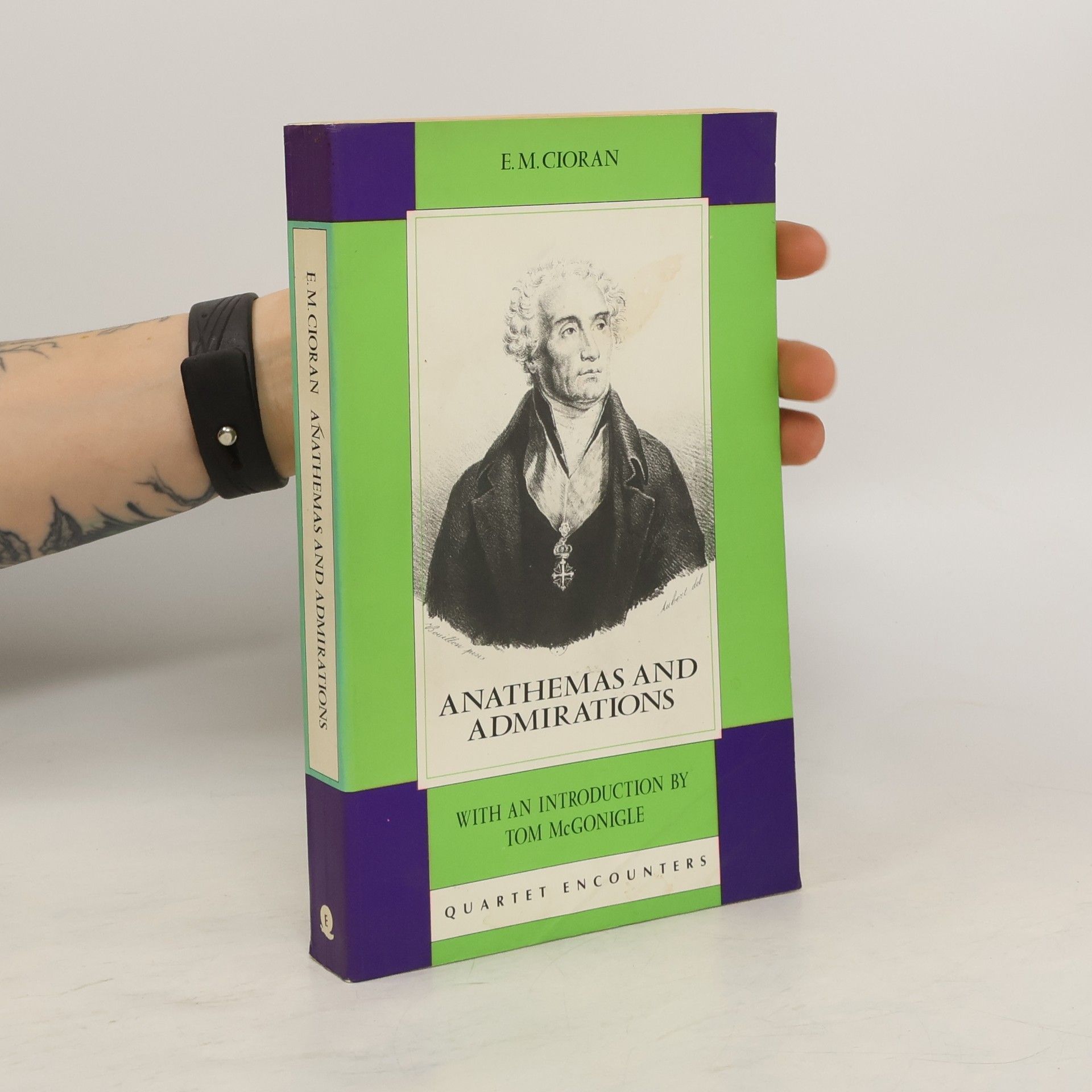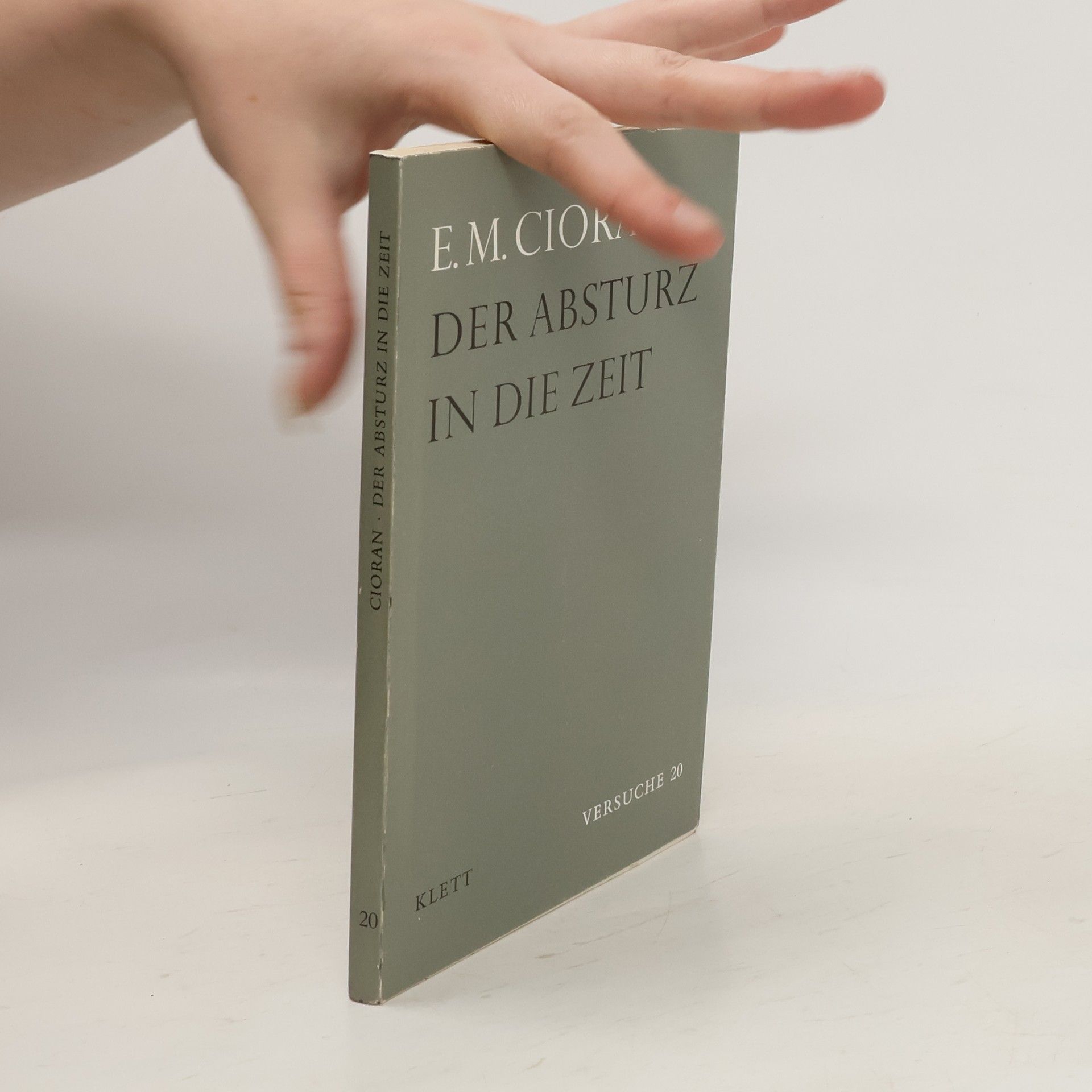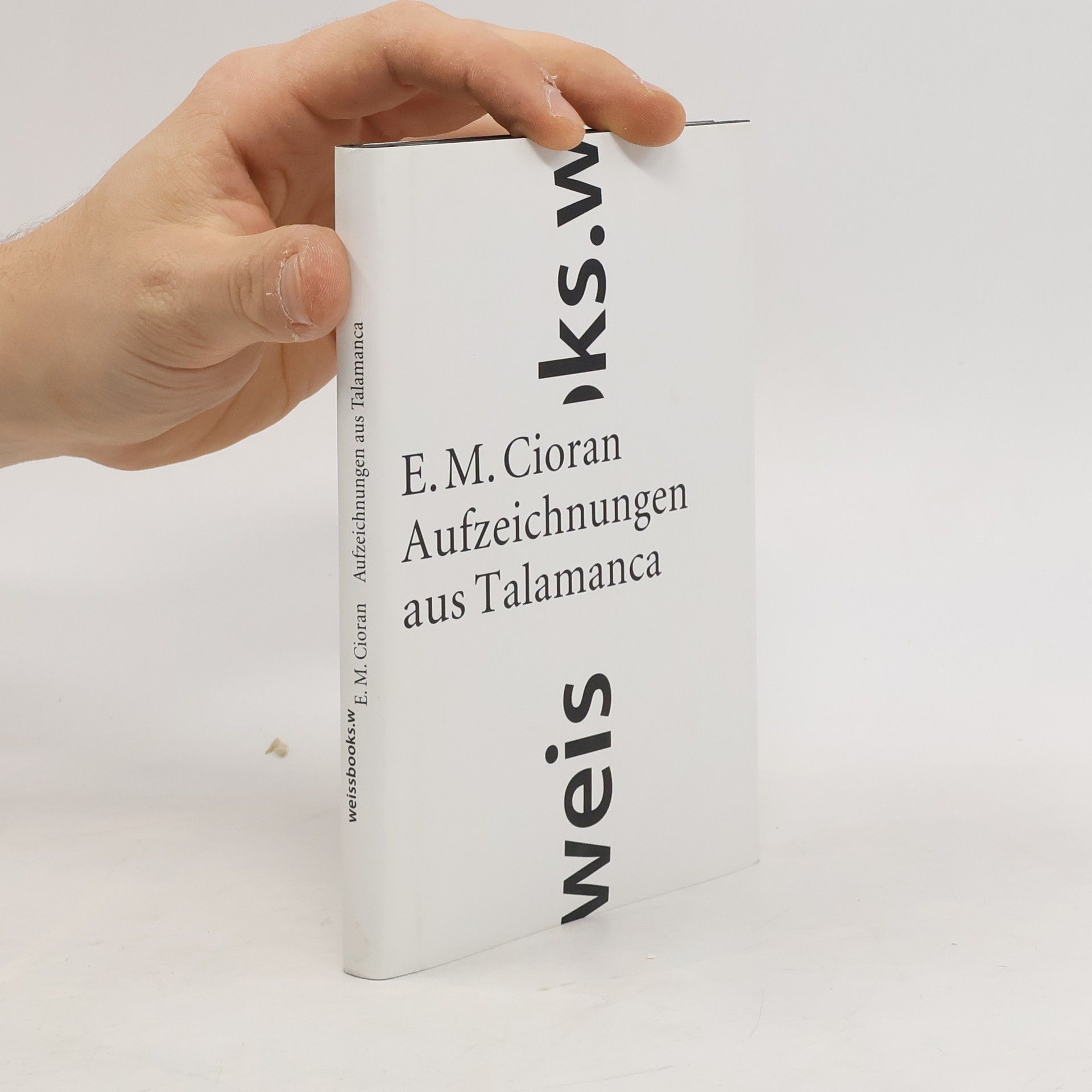Del inconveniente de haber nacido
- 187 páginas
- 7 horas de lectura
Taurus recupera uno de los textos clave de la obra de E. M. Cioran. Estos aforismos, escritos en su etapa de madurez, condensan su pensamiento de manera tan lacónica como eficaz y coherente, y constituyen un hallazgo decisivo para cualquier amante de las paradojas y la ironía. Tallados con precisión, hablan del tiempo, de Dios, de la religión, del silencio, de la muerte y del nacimiento, «una casualidad, un accidente risible». En ellos conviven una devastadora lucidez junto a un humor sin límites, y la lógica más aplastante junto al mayor contrasentido. Opuesto al optimismo y la autocomplacencia de un modo radical, Cioran no desalienta, tiene el talento de fortalecer.







